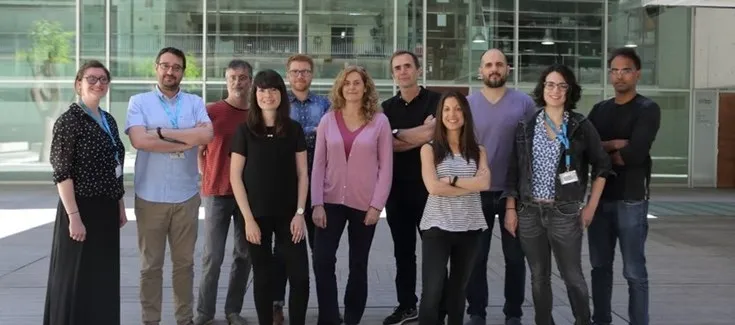Hundreds of genetic variants influence the predisposition of a person to suffer from type 1 or type 2 diabetes.
Although each variant has a small effect individually, they collectively have a great impact on susceptibility to the disease.
Many of these variants are found in genomic regions that do not encode for proteins, which makes it difficult to understand their mechanism of action.
A greater understanding of how these variants contribute to the risk of diabetes could help identify genes and develop treatments that address the mechanisms that originate the disease.
A research team has analyzed the pancreatic islets of almost 400 human donors to develop the most complete atlas of genetic variants that regulate RNA spancing in these cells and has also analyzed an atlas of genetic variants that influence the expression of genes related toThe risk of diabetes.
When both ATLAS compare, the team has discovered new biological mechanisms and has identified genetic variants that could be the objective of future diabetes treatments.
You can read the complete information about the study here:


